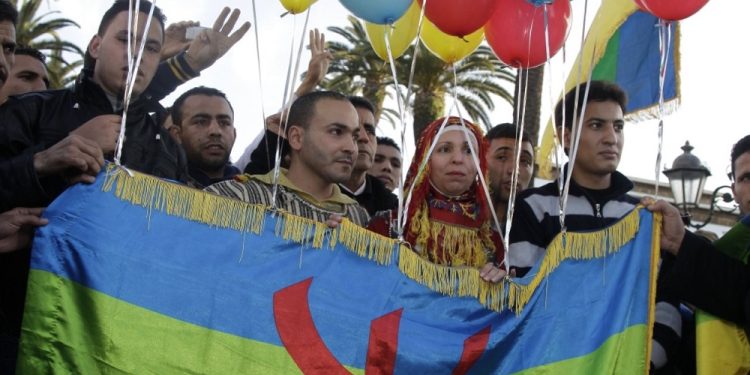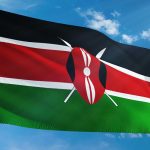
Berber New Year
Berber New Year is a holiday that falls annually on January 12th in Algeria and celebrates the incoming year on the Berber calendar—an agricultural calendar traditionally used by the Amazigh ethnic group. The start of the year is celebrated in various ways from country to country, but some of the more common celebrations include sacrificing an animal, such as a chicken, and serving a couscous dish with seven different vegetables. This holiday is a public holiday in many places, and schools and government offices are closed.
The History of Berber New Year
The Berber Calendar is an agricultural calendar that is known as the fellahi or “rustic calendar.” It is believed that this calendar is based on the Julian Calendar—a calendar that was introduced in the Roman province of Africa that was established in 146 BC. This Roman province was established during the Third Punic War after the defeat of Carthage. This territory was made up of present-day Tunisia, the coast of western Libya, and the northeast portion of Algeria and was occupied by the Berber people.
The length of the year on the Berber calendar is the same as on the Julian calendar. There is one slight discrepancy: the extra day in leap years is not added at the end of February but is added at the end of the year instead. That means that the Berber New Year, or the first day of Yennayer, corresponds to the 14th day of January in the Gregorian calendar. This coincides with the offset accumulated over the centuries between the Julian calendar and the observed astronomical dates.
In most countries that use the Julian calendar, which the Berber calendar was originally based on, the New Year is usually observed on the 14th of January. No one knows why in Algeria these celebrations are held on the 12th of January, but there are some theories. Some people think that the Berber calendar dates back to the victory achieved by Amazigh King Sheshonq I against the Pharaoh in a battle that was conducted in 950 BC on the banks of the Nile. Upon defeating the Pharaohs, King Sheshonq I announced the birth of the 22nd Dynasty—and it is believed this act began the Berber calendar.
Observing Berber New Year
In Algeria, the Amazigh people celebrate this holiday with parties, special food, and festivities that reflect their ethnic pride and cultural heritage. In this country, it is known as Yennayer, and it is the beginning of the new agricultural year. On this day, many children will wear ornamental henna tattoos, and families will prepare traditional dishes using a sacrificed rooster. A dish called Irmen is also prepared, and this dish consists of wheat and fava beans simmered into a thick soup. It is also common to serve Tagola, a dish that is basically corn kernels mixed and cooked with butter and then accompanied by argan oil, ghee, and honey.
Another tradition that marks the occasion is that circumcisions are usually performed on this day. Although it might seem like an assortment of traditions to people outside of the Amazigh culture, all of these celebrations symbolize the strong relationship between humans and nature.








